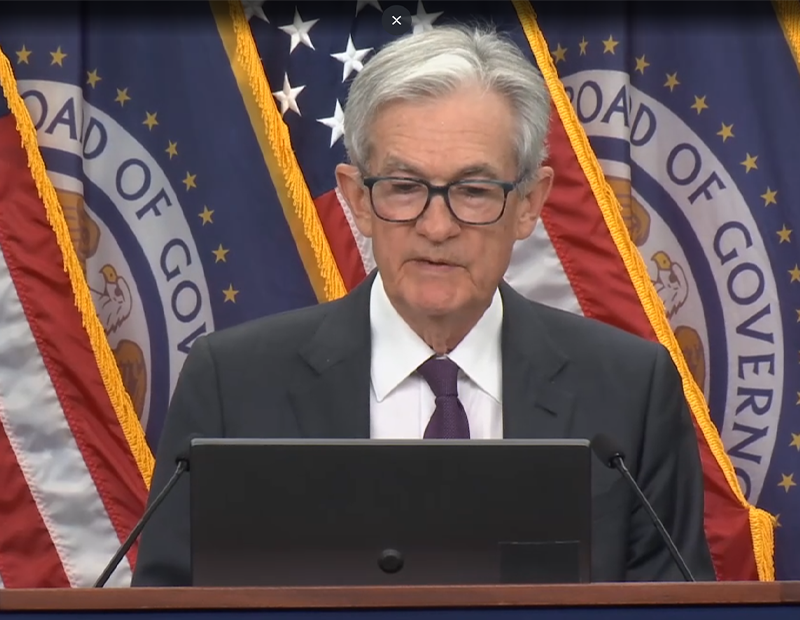Top 10 Issues for CRE Executives
Pressing economic concerns top The Counselors of Real Estate’s annual list.

Marilee Utter, Global Chair, CRE, The Counselors of Real Estate. Image courtesy of The Counselors of Real Estate
The three most pressing areas of concern for the commercial real estate industry this year and going into 2023 are the effects of inflation and interest rates, geopolitical uncertainty and the impact of hybrid work, respectively, according to the latest annual Top Ten Issues Affecting Real Estate report from The Counselors of Real Estate.
The group noted that “the real estate industry faces an extraordinary era of unpredictability.”
Marilee Utter, the group’s global chair, added in a prepared statement that “(T)his past year has been both vibrant and turbulent for the real estate industry. But now we’re seeing the longer-term effects of the pandemic on real estate,” along with inflation levels and interest rates at a 40-year high.
In the report’s section on inflation and interest rates, Professor Timothy Savage, Ph.D., of the New York University Schack Institute of Real Estate, remarked that “macroeconomic signals are decidedly mixed.” Ongoing equity market volatility is a concern, but on the other side of the balance, April saw a solid increase and job growth remains strong.
Despite worries about a recession, Savage concludes that “a recession is improbable in the near term. Proximate economic threats remain the sustained pandemic supply chain problems and policy errors.”
READ ALSO: CRE 2.0: The Office of the Future
Geopolitical risks to real estate range from the war in Ukraine to COVID infection rates in China causing production shutdowns there, wrote Constantine “Tino” Korologos, of the New York University Schack Institute of Real Estate, who is also principal of Leonidas Partners LLC. He noted, for example, that Ukraine and Russia jointly export 30 percent of the world’s wheat supply and are also major exporters of essential fertilizer ingredients.
Remote work is here to stay, driven by the pandemic, which also accelerated trends toward online retail, wrote Cassandra Francis, principal at KARIATID, Chicago-based strategic planning, real estate and construction advisers.
More than that, however, and in tandem with the Great Resignation, we’re seeing a Great Decentralization, as remote workers seek lower housing costs and other benefits away from large metro areas.
The fallout, Francis notes, is potentially immense, citing a recent study from Columbia University and NYU, which estimates a 32 percent decline in the value of U.S. office buildings in 2020 because of hybrid work.
She proposes that “collaboration between asset owners and managers and employers … will be crucial to provide flexibility in the game of musical chairs that is underway across real estate sectors. A company’s ability to expand, contract, sublet and terminate early, while rapidly providing more attractive flexible/shared workspaces, may ultimately correlate with its ability to survive … .”
Plenty of worries
The seven concerns that make up the rest of this year’s top 10 are:
4) Supply chain disruption, which will continue to raise costs and cause realignment in supply chain and warehousing strategies.
5) Energy-related concerns, including rising insurance costs and increased investment in on-site energy resilience.
6) Labor shortage strains, which indirectly impact property markets as occupiers may lease less space if they lack the workers to run their businesses.
7) The Great Housing Imbalance, as those markets that have not been able to provide lower-cost housing have driven renters out to the exurbs.
8) Regulatory uncertainty, driven by the emerging conflict between state preemptive legislation and local control over land use.
9) Cybersecurity interruptions.
10) ESG requirements forcing change and instigating innovation in the design, development and construction of new buildings, as well as renovation of existing stock.
In April, Counselors member Tom Shircliff of Intelligent Buildings LLC made the case for why commercial buildings in the U.S. need better protection against rising international cybersecurity threats.
Membership in The Counselors of Real Estate is selective and by invitation, although commercial real estate practitioners with 10 years of proven experience may apply. Worldwide, only 1,000 professionals hold the CRE credential.
Read the full report by The Counselors of Real Estate.







You must be logged in to post a comment.